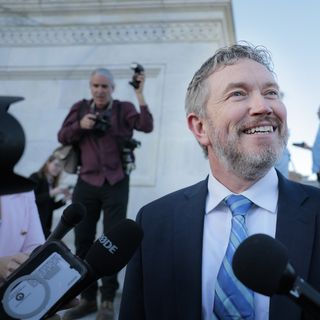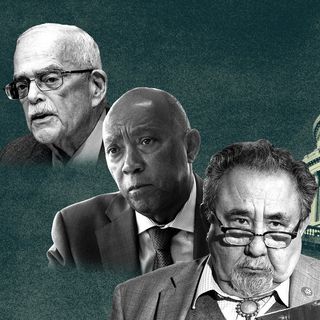GOP and Dems agree: "Big, beautiful bill" key to 2026 midterms
Republicans and Democrats are at odds over nearly everything in President Trump's reconciliation bill, but they are in strange agreement that the 2026 election will be contested over the provisions contained within its 1,000+ pages.
Why it matters: The 215-214 vote Thursday sets up 18 months of trench warfare to define the bill's impact on Medicaid, tax rates and the southern border.
- For Republicans, it's taxes, the border and health care for undocumented migrants.
- For Democrats, it's Medicaid, SNAP and tax cuts for the rich.
👀 "It's a vote that every single vulnerable House Republican will come to regret next year," thundered a Democratic Congressional Campaign Committee memo.
- "The DCCC will use their words against them over and over again like the albatross it is."
The other side: The National Republican Campaign Committee has already launched a five-figure ad hitting its early targets, including Rep. Adam Gray (D-Calif.).
- "Illegals get freebies, you get the bill," the narrator intones. "Tell Adam Gray: Help Americans, not illegal immigrants."
- Its own strategy memo claimed, "House Democrats just gave Republicans a generational opportunity to go on offense."
Zoom out: Rarely does a singular vote define an entire election cycle.
- One exception was former President Clinton's 1993 omnibus budget bill, which passed 218-216, with all 175 House Republicans opposed.
- A late "yes" vote from Rep. Marjorie Margolies-Mezvinsky, a freshman from Pennsylvania (and Chelsea Clinton's future mother-in-law), hounded her and led directly to her defeat in 1994.
- The GOP picked up 54 seats and the majority for the first time in 40 years.
Zoom in: As the November 2026 election gets closer, the ad buys will get bigger, but the subject matter is likely to stay the same.
- The Democratic strategy is clear: Accuse Republicans of stripping millions of Americans of Medicaid and leaving millions of children in danger of losing their school lunches.
- Republicans will answer the Medicaid charge, in part, by trying to change the subject and accuse Democrats of wanting to provide health care to undocumented immigrants.
- They will claim Democrats voted for a tax increase and failed to help secure the southern border.
The bottom line: The election cycle is still early. Other potential events — a war, a recession, or (say) a global pandemic — can always subsume a single vote and make the current issue set look small.
- But ad-makers on both sides have plenty of material to mine in the House-passed bill and paint vulnerable members as heartless, clueless or both.
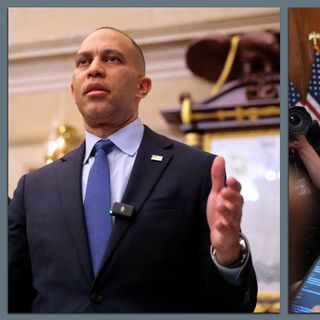







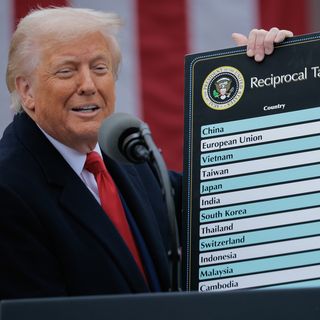



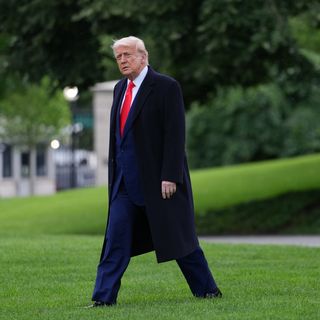

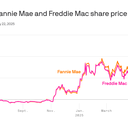

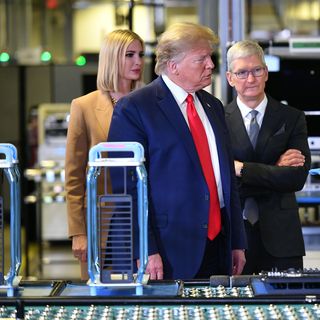




/2025/05/22/1747946866851.gif)















